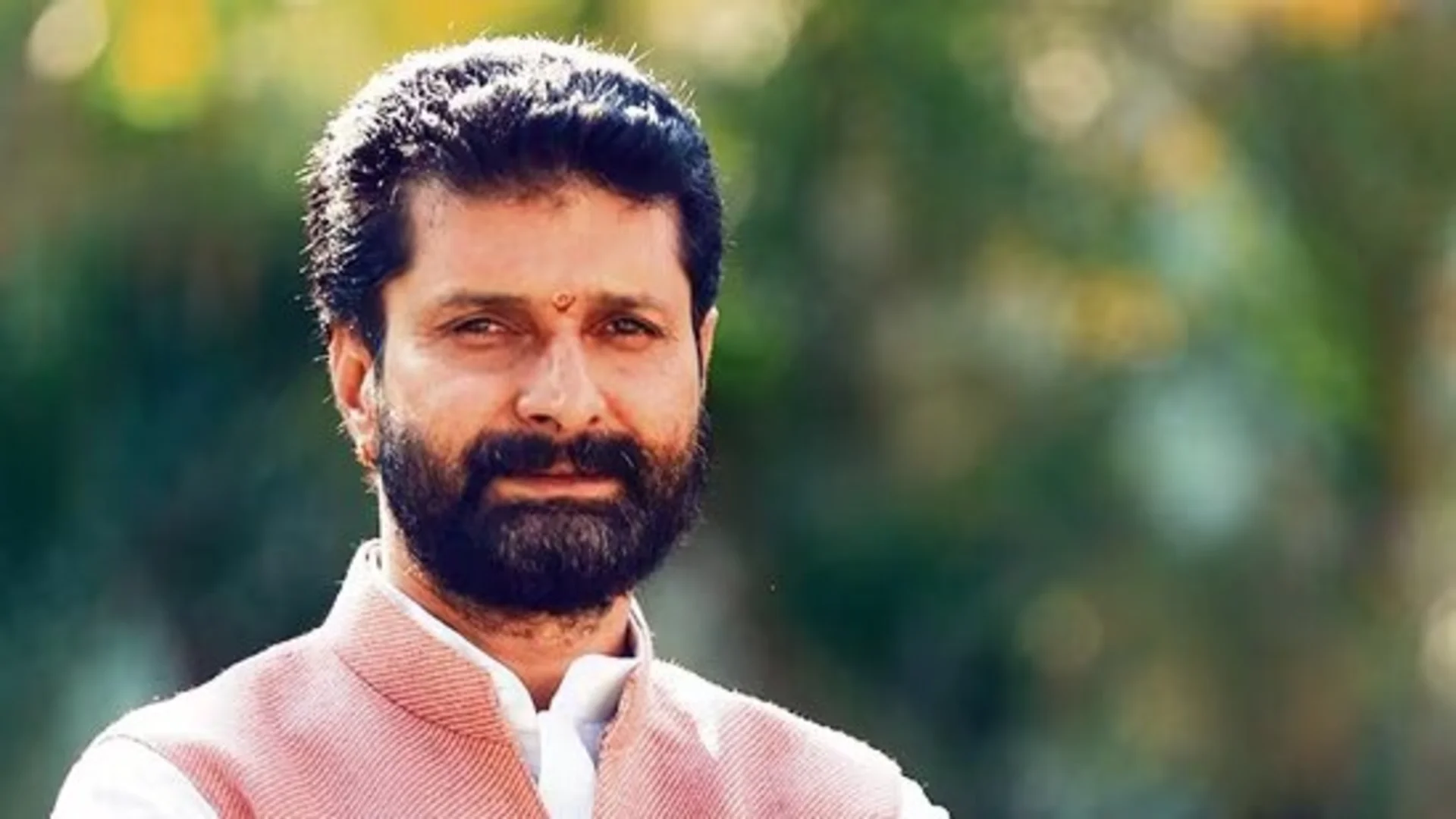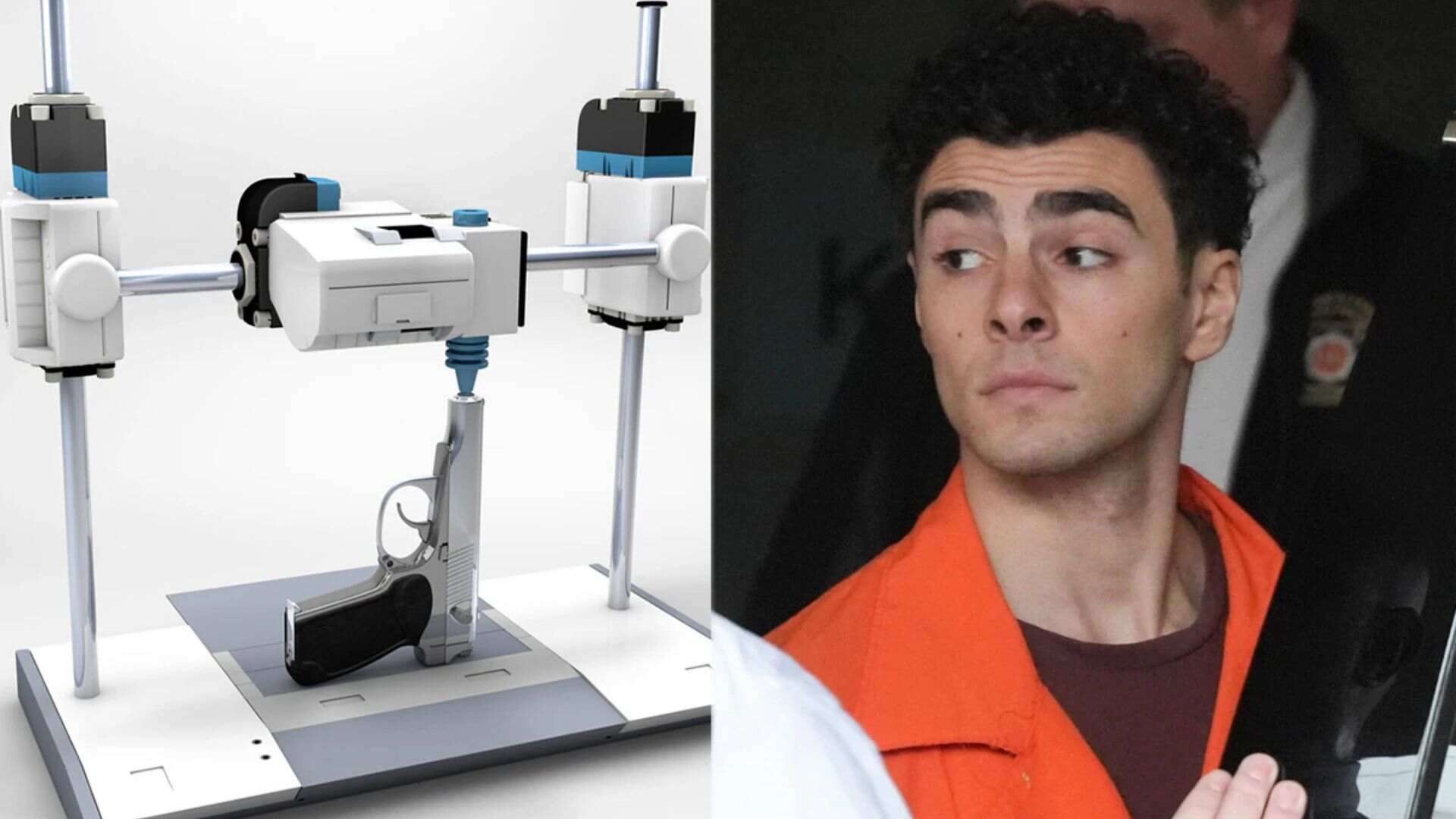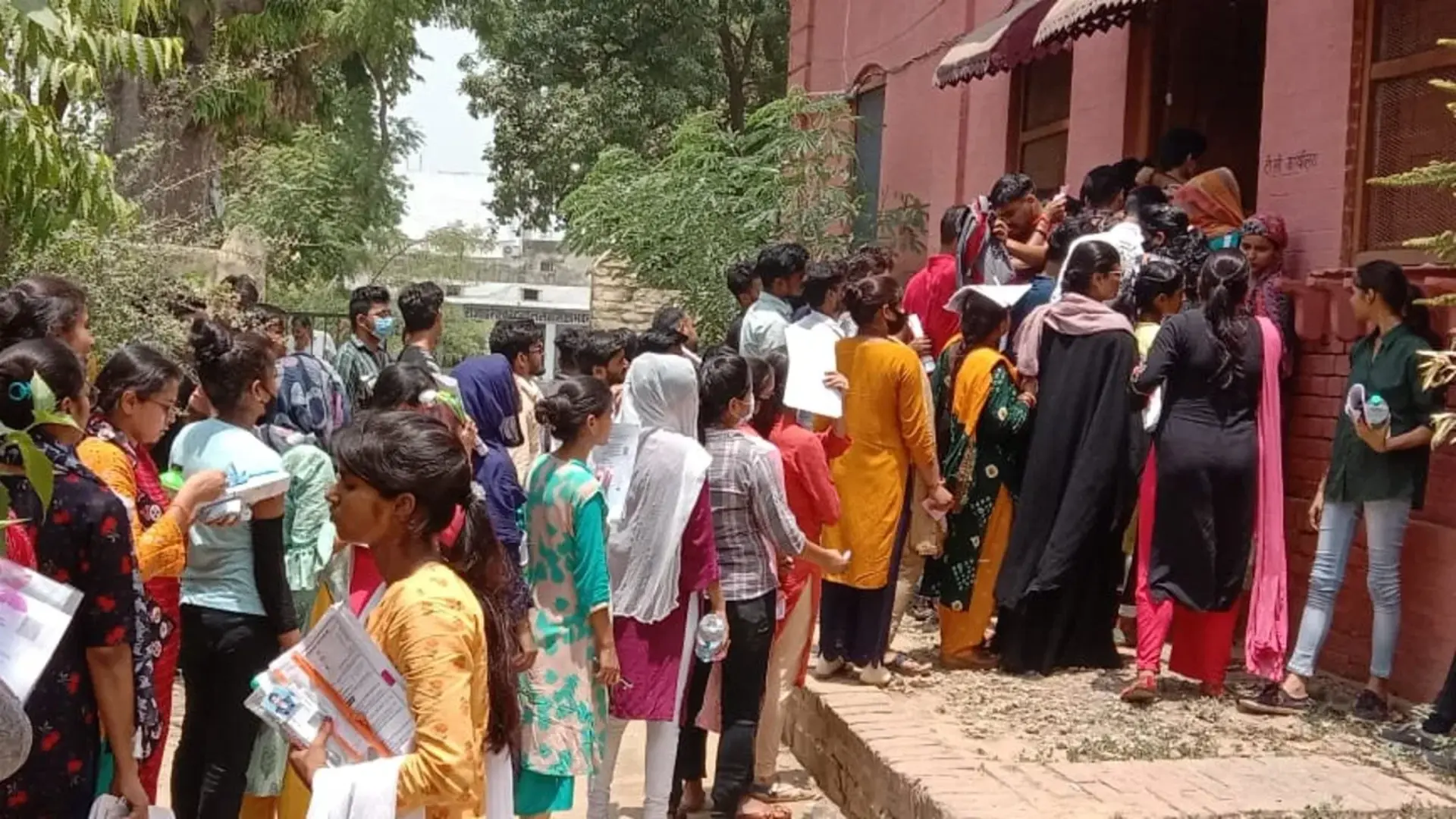Earlier this week in the US, Prime Minister Modi announced support worth USD 7.5 million to the QUAD Cancer Moonshot. He also highlighted that India is using Artificial Intelligence (AI) to develop cancer treatment protocols.
As India braces for a projected 12% rise in cancer cases by 2025, the nation stands at a crucial juncture in its healthcare journey. This expected surge, well above global averages, is exacerbating the existing pressures on the healthcare infrastructure. With this rise, India is on the verge of being labelled the “cancer capital of the world.”
Among women, the leading cancers include breast, cervical, and ovarian cancer, while for men, lung, oral, and prostate cancers dominate. Key contributors to this cancer burden are lifestyle factors, escalating pollution levels, tobacco consumption, and chemical residues in the food chain. The stark reality is that our traditional healthcare systems, reliant on overstretched medical professionals and still developing infrastructure, are insufficient to manage the growing burden of chronic illnesses like cancer.
This is where AI comes into play—not as a replacement for traditional care but as a revolutionary tool to enhance and complement it. India can dramatically transform its cancer care landscape by leveraging AI’s data processing and analytical capabilities.
The Indian Council of Medical Research (ICMR) forecasts that cancer cases will rise to 1.56 million by 2025. Alongside this troubling statistic are the high costs of treatment—ranging between Rs 3-4 lakhs per patient—and a severe shortage of trained oncologists. With just around 1,250 oncologists catering to a population of 1.4 billion, against an estimated need of 5,000.
AI’s potential in healthcare, especially in oncology, is no longer speculative. It is already driving innovation across three critical domains:
Early Diagnosis: Early detection is the key to improved survival rates in cancer. AI systems, trained to analyse medical images and patient data, can identify abnormalities at a microscopic level—sometimes more accurately than human specialists. For example, Google Health has developed an AI model for analysing mammograms, which has demonstrated greater accuracy than radiologists in identifying breast cancer. This breakthrough offers significant promise for improving outcomes in India, where breast cancer is the most common cancer among women. Additionally, AI algorithms trained to analyse skin images can detect melanoma with greater precision than many dermatologists, making these tools indispensable in resource-scarce environments.
Personalised Treatment Plans: Not all cancer patients respond uniformly to standard treatments. AI can tailor personalised treatment regimens by analysing vast datasets, including patient medical records, tumour genetics, and historical treatment outcomes. IBM Watson Health has pioneered efforts in this area by using AI to analyse vast volumes of clinical data to deliver tailored treatment recommendations. AI models using Natural Language Processing (NLP) have also demonstrated the ability to predict disease progression with up to 93% accuracy, offering treatment paths that maximise recovery chances while minimising side effects.
Accelerated Drug Discovery: Traditional drug discovery processes can take up to 15 years, but AI can significantly shorten this timeline. Platforms like Insilico Medicine and Benevolent AI are revolutionising drug discovery by using AI to predict drug interactions, identify potential new drugs, and optimise existing treatments, drastically reducing the time and costs associated with drug development. These advancements could play a vital role in lowering the cost of cancer treatment in India, making advanced therapies accessible to a larger segment of the population.
The Indian government has begun to recognise the role AI can play in healthcare through initiatives like the National Digital Health Mission (NDHM) and Ayushman Bharat Digital Mission (ABDM). These programs aim to digitise healthcare records and improve access to AI-powered diagnostics, especially in rural areas where healthcare infrastructure is weakest. The goal is to increase public healthcare spending to 2.5% of GDP by 2025, a positive signal that acknowledges the evolving needs of the sector.
However, despite these efforts, India has barely scratched the surface of AI’s full potential in healthcare. Moving from pilot projects to large-scale AI adoption will require more than just policy frameworks; it demands urgent and aggressive action.
Policy Interventions: The Need for a Stronger Push
To ensure AI fulfils its potential in cancer care, several policy measures need immediate attention:
Data Standardization and Access: AI models are only as effective as the data they are trained on. Currently, India’s healthcare data is fragmented across public and private sectors. Quickly establishing a national-level data registry with standardised, anonymised health records would provide AI systems with comprehensive datasets, improving accuracy in diagnostics and treatment recommendations.
Ethical Regulations for AI: As AI becomes more embedded in healthcare, there is a growing need for stringent regulations surrounding data privacy, ethical use, and accountability. Ensuring that AI algorithms are ethically designed, transparently trained, and responsibly deployed is critical to avoiding biases and safeguarding patient rights.
Public-Private Partnerships: Collaboration between the government, public health institutions, and private technology firms is essential to scale AI solutions beyond a handful of flagship hospitals. Offering financial incentives, such as tax benefits, for hospitals investing in AI, particularly in Tier 2 and Tier 3 cities, could spur widespread adoption. Google Health and Microsoft AI are already collaborating with major hospitals worldwide, and similar partnerships in India could accelerate innovation in smaller, underserved regions.
Incentives for AI Adoption: Smaller hospitals, especially those in rural or semi-urban areas, need support—both financial and technical—to integrate AI into their care systems. Government-backed subsidies or loans for these hospitals could encourage faster uptake of AI-driven diagnostic and treatment tools.
The Role of the Private Sector: Leading the Way
India’s private healthcare sector has already demonstrated leadership in the AI space. Apollo Hospitals and Tata Memorial Centre are pioneering AI adoption to improve clinical outcomes, predict treatment success, and reduce diagnostic delays. In collaboration with Microsoft, Apollo has implemented the AI Network for Healthcare, which leverages AI to enhance diagnostics and recommend tailored treatments. Similarly, Tata Memorial Centre has utilised AI to advance radiology and imaging services, helping reduce diagnostic delays.
However, these innovations remain largely confined to major metropolitan hospitals. For AI to be a true game-changer, it must reach beyond urban centres to small towns and rural areas, a goal that can only be achieved through robust government backing and public-private collaborations.
The bottom line is India stands at the brink of a healthcare transformation, with AI poised to play a pivotal role in cancer care and beyond.
Yet, this revolution can only be realised if the government accelerates AI adoption through decisive, future-oriented policies and industry collaborations. The future of cancer care will not be shaped solely by traditional medical practices but by the synergy between AI-driven innovations and human expertise. In the face of an escalating cancer crisis, India cannot afford to delay any longer. The time to act is now—before the healthcare system is overwhelmed by the growing burden of disease.







